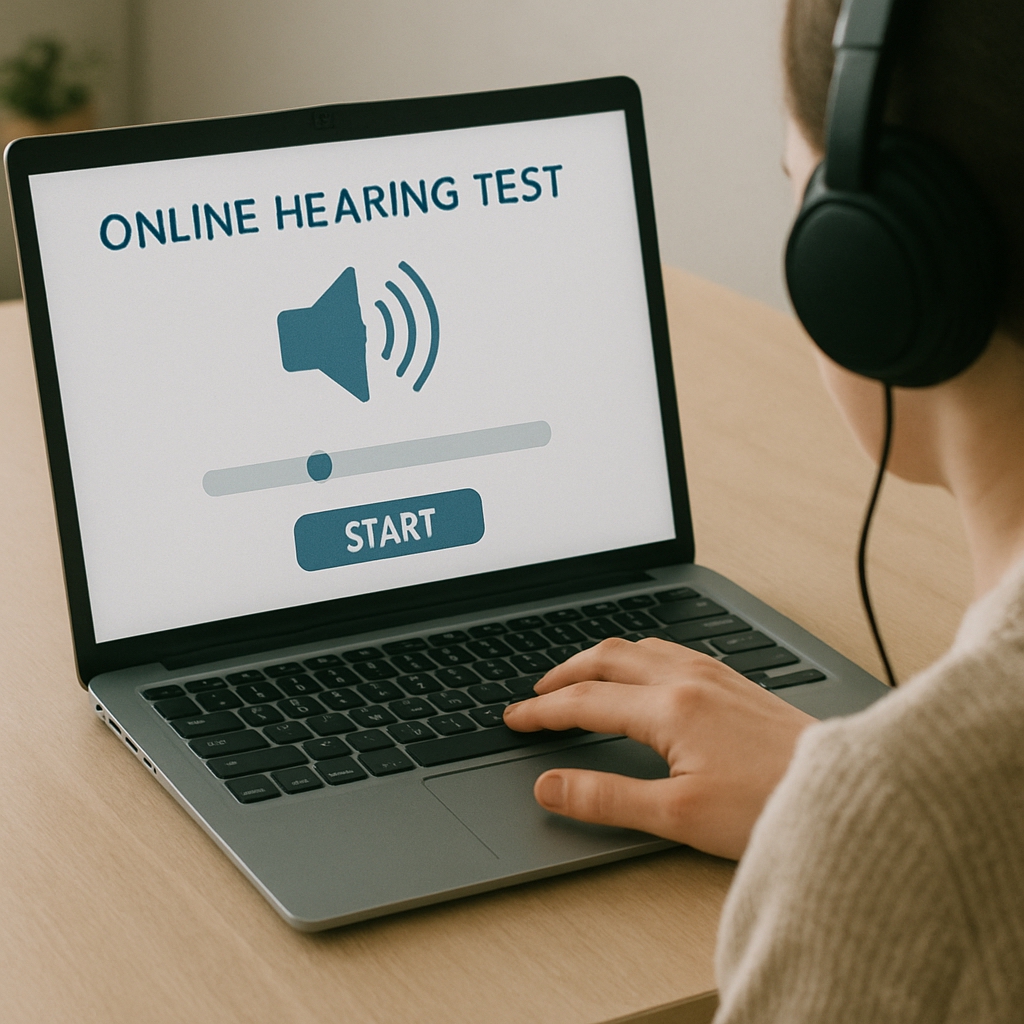How Your Disclosure Strategies Help Communication with Hearing Loss

If you've been recently diagnosed with a hearing loss, then you are in the company of some 48 million Americans. Identifying and treating hearing loss is an important part of your overall health and well-being. Because hearing loss is an invisible condition, it is easy to come up with different methods to obscure the experience. However, in a recent study, researchers found that the mode of disclosing your hearing loss greatly affects the quality of your communication.
Hearing loss is now the third most common condition in the United States - 20% of the population experiences it. When you are discussing your experience with your friends, colleagues, and loved ones, keep in mind that your disclosure method will enhance your ability to communicate with hearing loss.
Recent Study on Disclosure Methods
The Massachusetts Eye and Ear conducted a study on disclosure strategies to determine whether the strategies affected future communication. The study consisted of 337 participants, who took a 15-minute survey to gather information about how they let others know about their hearing loss. Results were published in the journal, Ear and Hearing.
In this study, researchers found that participants could be categorized in three main groups: non-discloser, basic discloser, and multi-purpose discloser. These three main types of disclosure lead to varying consequences on communication.
The Three Types of Disclosure Methods
Jessica S. West, a sociologist at Duke University and an author on this study, found that there were three main methods of disclosing to others that you have a hearing loss:
- Non-Disclosure: Those who were categorized in the non-disclosure strategy avoided discussing their hearing loss completely. In situations where they are unable to hear, they will say something like "I can't hear you. Please speak up." Non-disclosure does not indicate to others that you are experiencing hearing loss, which means that others around you will be unable to shift their behavior to accommodate your hearing needs.
- Basic Disclosure: People who use basic disclosure to discuss their hearing loss give some details, but not very much information otherwise. One example would be, "I am partially deaf due to an infection I had as a child." Basic disclosure does indicate to people that you may need accommodation in conversation or other listening situations, but it does not give people details on specifics.
- Multi-Purpose Disclosure: Multi-purpose disclosure is a method that both reveals your hearing loss and gives people a suggestion for accommodation. People who are multi-purpose disclosers might say something such as, "I don't hear as well out of my left ear. Please walk on my right side." This suggestion indicates to people what they can do to better communicate with you.
Multi-Purpose Disclosure Recommended as Best Method for Communication
Researchers believe that multi-purpose disclosure is the best method for disclosing your experience with hearing loss. It serves at least two purposes: to indicate to those around you that you are experiencing a hearing loss and to make suggestions for accommodation.
"We think it is empowering for patients to know these strategies, and especially the multi-purpose disclosure strategy, are available to them," says Dr. Konstantina Stankovic, a lead researcher on this study. "Hearing loss is an invisible disability; however, asking people to slow down or face someone with hearing loss while speaking may improve communication."
Findings from this study have motivated researchers to develop a resource guide to help people discuss their hearing loss, so as to avoid isolation. As we all know, healthy communication is fundamental to healthy relationships. With hearing loss, there is a risk for social withdrawal, isolation, anxiety, and depression. Empowering yourself with the method of multi-disclosure is just one way to help improve communication in your interpersonal relationships.
Send us a message
Feel free to reach out to us for any questions you may have or to schedule an appointment. Our team is here to provide you with the support and information you need. We look forward to assisting you!
Email us
Give us a call





